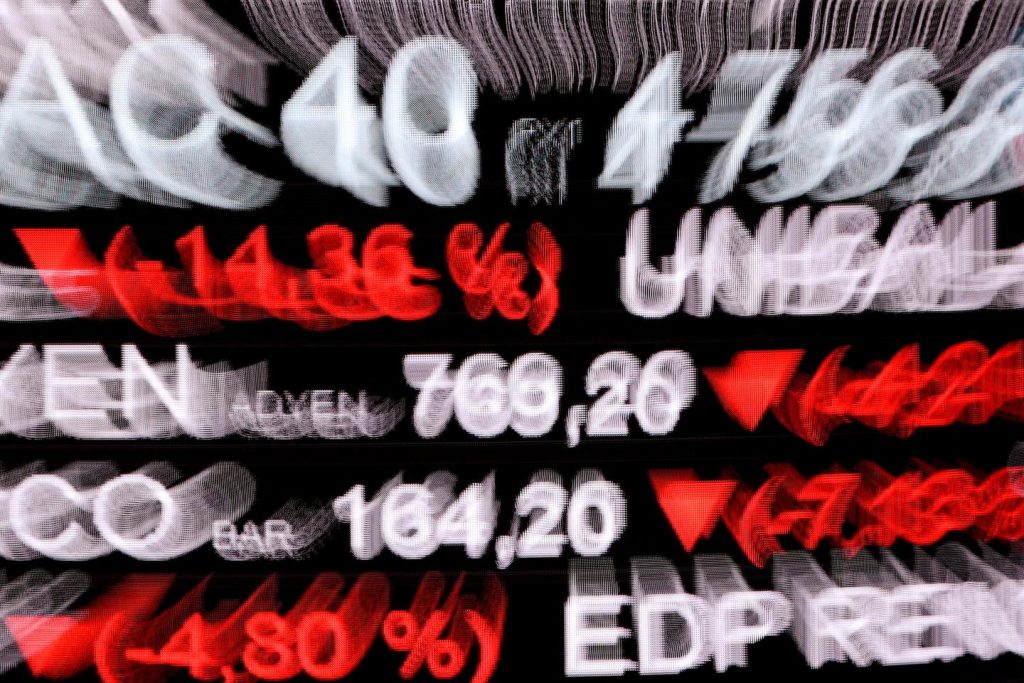The financial transactions tax currently applies to the sale of securities of the 121 French listed companies with a market capitalization exceeding one billion euros. In a period of strong political division regarding France’s budgetary future, the financial transactions tax (TTF) is one of the few measures that could garner consensus across a large part of the parliamentary chamber. At least 21 amendments to the 2025 budget, coming from both the left, the Republicans, and the National Rally, propose significant strengthening of this tax to generate an additional 1.25 to 10.8 billion euros annually for the state coffers, according to parliamentary calculations.
The TTF, theorized in the early 1970s by American Nobel laureate economist James Tobin, involves collecting a small tax on each transaction made on financial markets. Originally aimed at monetary transactions to limit exchange rate fluctuations, the “Tobin tax” concept has since been expanded to other types of financial exchanges. The goal is to penalize fast transactions seen as highly speculative. According to the American economist, too many of these exchanges destabilize the market, and even a small tax could reduce their volume.
For decades, the TTF remained largely a wishful thinking, advocated notably since 1998 by the Association for the Taxation of Financial Transactions and Citizen’s Action. However, the idea gained popularity, especially after the 2007-2008 financial crisis. In addition to the argument of regulating financial markets, there is now a significant budgetary opportunity for heavily indebted states. Several economists, such as Gunther Capelle-Blancard, author of “The Taxation of Financial Transactions” (La Découverte, 2024), see it as a painless fiscal lever for individuals that could bring in billions for public finances.
France is one of the few countries to have implemented a TTF, in 2012 during Nicolas Sarkozy’s presidency. When buying or selling shares of large French listed companies, investors (French or foreign) must pay a tax based on the amount of the transaction. Initially set at 0.1%, the rate was increased twice under François Hollande’s presidency (2012-2017): first to 0.2% before the tax came into effect, and then to the current rate of 0.3%, a few months before his departure from the Elysée.
The push to strengthen the financial transactions tax in France comes at a time when the country grapples with significant budgetary challenges exacerbated by the impacts of the Covid-19 pandemic. The potential of generating billions in additional revenue through the TTF is seen as a means to support social programs for the most vulnerable and reduce the country’s budget deficit. The debate on the TTF reflects broader discussions on fiscal policies and the role of taxation in addressing economic inequalities and funding public services.


